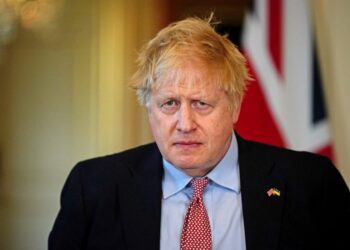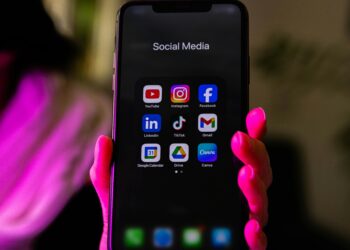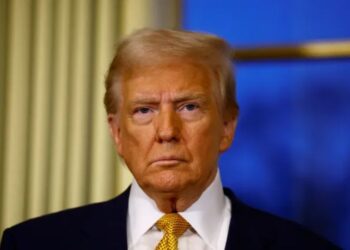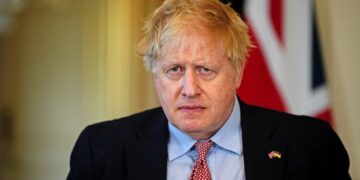When Colombian President Gustavo Petro says America fears his voice on Israel and Gaza, it is not the empty cry of a leader seeking attention, It is a reflection of the way Washington reacts when someone refuses to play by its script. The United States revoked Petro’s visa after he marched in New York with pro-Palestinian protesters and told U.S. soldiers to disobey Donald Trump’s orders. For Washington, this was too much, yet for Petro, it was proof that speaking against Israel comes with consequences.
A President Who Refuses to Bow
Petro didn’t hide his anger. He called out the U.S. on social media, saying revoking his visa “for denouncing genocide” shows America no longer respects international law. He also brushed off the loss of his travel papers, reminding everyone that he holds European citizenship and considers himself free in the world.
America’s Selective Anger
This clash is less about paperwork and more about politics. Washington could have ignored Petro’s demonstration, but instead it turned the visa into a weapon. The message is simple, support Israel, or pay the price. Yet Petro’s refusal to bend shows how America’s pressure no longer works on everyone. Colombia, long seen as a reliable U.S. partner, now has a leader who is not afraid to cut ties or ban exports to make his point.

History Repeats, but Different
This is not the first time a Colombian president has lost his U.S. visa. Back in 1996, Ernesto Samper faced the same fate over drug cartel money in politics. But Petro’s case is different, it is not about corruption, it is about ideology and the right to criticize Washington’s closest ally. That difference matters, because it shows that even legal dissent is treated as a threat when Israel is involved.
More Than a Diplomatic Dispute
Relations between Bogotá and Washington were already tense before this. Petro blocked deportation flights, accused U.S. officials of plotting against him, and cut diplomatic ties with Israel in 2024. The visa decision is just another chapter in a long list of confrontations. Still, this one stings more because it paints Petro as a president punished not for crime, but for opinion.
Why Petro’s Words Matter
Petro’s call for a global force to free Palestinians may sound impossible, but it hits at the heart of America’s fear: the idea that leaders outside the West can shape the conversation on Gaza. The U.S. wants to control the narrative, but Petro is living proof that not everyone is willing to keep quiet. His voice may not end the war, but it challenges the silence that Washington prefers.

















